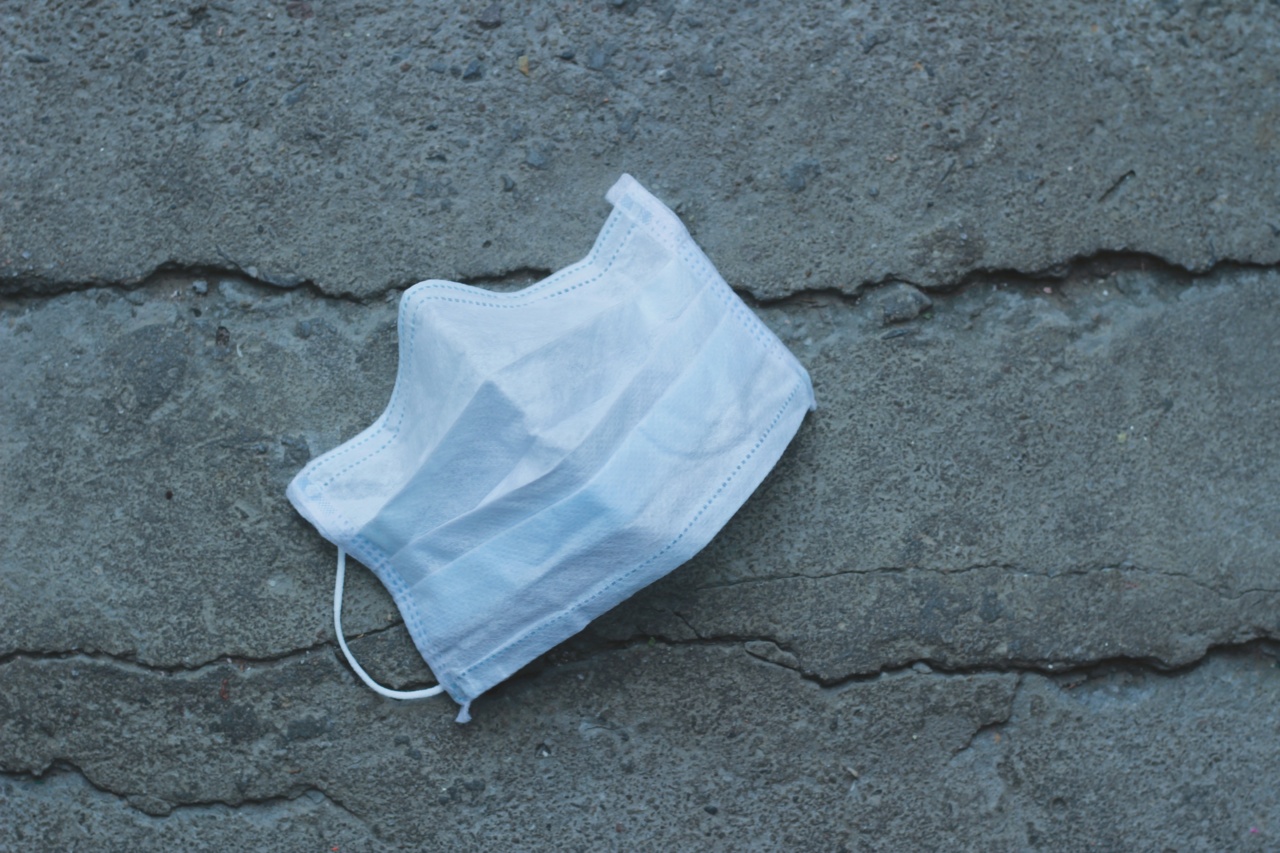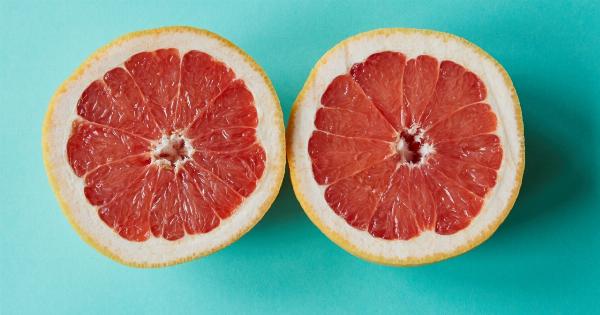Kidney stones are hard deposits of minerals and salts that form inside the kidneys. These stones can be extremely painful and may require medical intervention to remove.
However, with the right preventive measures, you can reduce the risk of developing kidney stones. This article will provide you with an effective kidney stone prevention plan to help you maintain kidney health.
1. Stay Hydrated
One of the most important steps in preventing kidney stones is to stay well-hydrated. Drinking an adequate amount of water helps dilute the concentration of minerals and salts in the urine, reducing the chances of stone formation.
Aim to drink at least 8-10 glasses of water per day.
2. Limit Sodium Intake
High sodium intake can increase the amount of calcium in the urine, leading to the formation of kidney stones. Avoid consuming foods that are high in salt, such as processed and packaged foods. Instead, opt for fresh fruits, vegetables, and whole grains.
3. Eat Calcium-Rich Foods
Contrary to popular belief, including calcium-rich foods in your diet can actually help prevent kidney stones. Calcium binds with oxalate in the intestines, reducing its absorption into the bloodstream.
Good sources of calcium include low-fat dairy products, leafy green vegetables, and fortified cereals.
4. Limit Oxalate-Rich Foods
Oxalate is a compound found in many foods that can contribute to the formation of kidney stones. In individuals prone to forming calcium oxalate stones, it’s recommended to limit their intake of oxalate-rich foods.
Examples of such foods include spinach, rhubarb, beets, nuts, and chocolate.
5. Maintain a Balanced Diet
A well-balanced diet is crucial for kidney stone prevention. Include a variety of fruits, vegetables, whole grains, and lean proteins in your meals.
Avoid excessive consumption of animal protein, as it can increase the levels of uric acid and calcium in the urine.
6. Limit Vitamin C Supplements
While vitamin C is essential for overall health, excessive amounts can increase oxalate levels in the urine, which in turn can promote kidney stone formation.
It’s best to obtain vitamin C from natural food sources, rather than relying on supplements.
7. Moderate Your Protein Intake
Consuming excessive amounts of animal protein can increase the risk of kidney stone formation. Animal proteins contain purines, which are broken down into uric acid. High levels of uric acid in the urine can lead to the development of uric acid stones.
Limit your protein intake to moderate levels and choose lean sources, such as poultry and fish.
8. Exercise Regularly
Maintaining a regular exercise routine can help prevent kidney stone formation. Regular physical activity promotes healthy digestion and helps maintain a healthy weight.
Obesity is a risk factor for kidney stones, so engaging in exercises such as walking, jogging, or swimming can significantly reduce the risk.
9. Avoid Excessive Vitamin D
Excessive vitamin D intake can increase the absorption of calcium in the intestines, leading to higher levels of calcium in urine and the formation of calcium-based stones.
If you require vitamin D supplementation, it’s important to consult with your healthcare provider to determine the appropriate dosage.
10. Monitor Your Blood Pressure
High blood pressure can contribute to the development of kidney stones. It’s important to monitor your blood pressure regularly and take necessary steps to keep it under control.
This includes following a healthy diet, exercising regularly, and taking prescribed medications, if required.






























